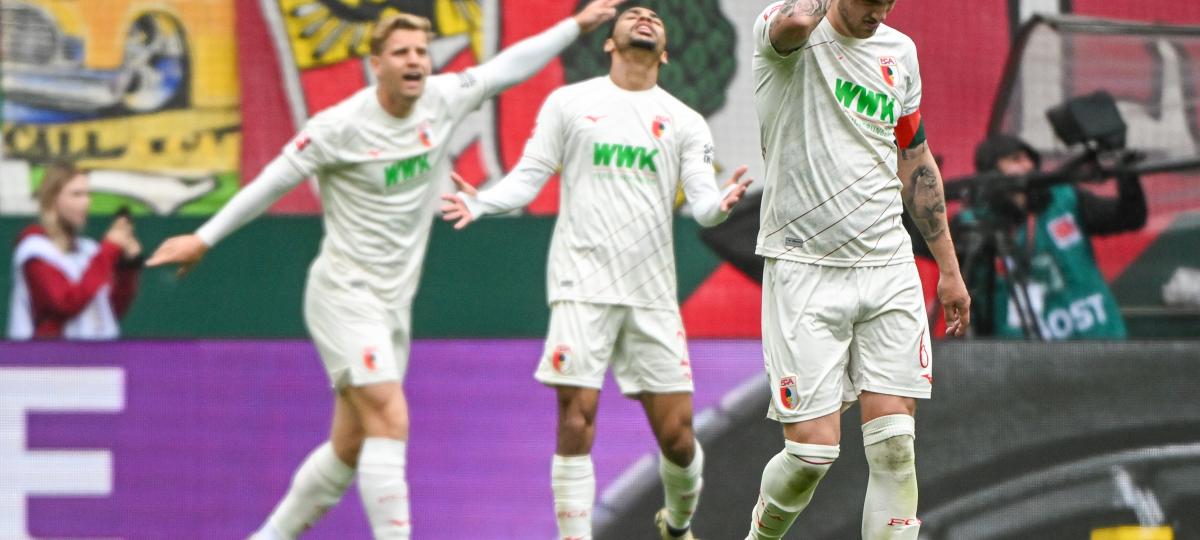‘The cattle eat this corn so you can’t risk containing the glass. Huppakee, Getting started ‘
/s3/static.nrc.nl/images/gn4/stripped/data131850906-679522.jpg|https://images.nrc.nl/WzhB2OAYrT4ssaolXa330F3pCCE=/1920x/filters:no_upscale()/s3/static.nrc.nl/images/gn4/stripped/data131850906-679522.jpg|https://images.nrc.nl/SBJihBgsyKTMkBd66tzt0mOonpY=/5760x/filters:no_upscale()/s3/static.nrc.nl/images/gn4/stripped/data131850906-679522.jpg)
The victims are sitting on their knees in the sand, searching for glass fragments. After a major fire at Leerlooierij Ecco Leather in Dongen, Brabant, on an industrial estate on the outskirts of the village, the burnt remains of a large number of solar panels ended up on the fields and pastures of farmers in the neighborhood. And they must be cleaned up.
The morning after the fire, about a hundred volunteers showed up at dairy farmers Corné (54) and Christel (52) Marcelissen on Monday. Called in app groups. By the children. « Very nice, » says Corné. « When we came here after the fire, the tears were in my eyes. So we were very happy with all those hands. »
Christel: « There were also many strangers to help free of charge. »
Livestock farmers must, in particular, estimate the possible damage to their animals
They live next to their sixteen hectares of grassland, which they had mowed shortly before the fire. The grass was ready as food for their 190 cows. Whether the grass is still suitable for this? Corné: « If I have to buy new grass, I have a claim of 10,000 to 20,000 euros. We are in conversation with the Health Service for Animals and with the insurance. We already heard that the risks for the cattle may be relatively small. »
Christel: « If we cannot recover all this extra work and the damage from the perpetrator of the fire, it feels unjust. We have nothing to do with ECCO. But we can clean up the mess. If the polluter does not pay, something is wrong with the system. »
The number of volunteers is considerably less this Tuesday than the day before. One of them is Elly Elbertsen (66) from neighboring rows. She has collected two buckets of flattened shards in a few hours. Elbertsen: « I didn’t know these people. But I find it so pathetic. I don’t have to work anymore, I can go to a fitness center. But with this nice weather I can also do something useful. »
Photo John van Hamond
Farmland
At ECCO, two days after the fire, there is still a pungent burning smell. The offices of the company were spared. Nothing is known about the cause. The sea of fire caused large, thick clouds of smoke and dragging remnants of solar panels into the air that swirled to twenty kilometers south, in a strip of almost a hundred meters wide. They ended up on the farmland, but also in streets and gardens.
The municipality of Dongen and the Central and West Brabant Safety Region hold local residents before the waste is ‘non-toxic’, but that the glass parts can be ‘sharp’. The advice is to keep children and pets away and to remove the glass with gloves and throw it in the residual waste. « If you do not have gloves, your hands were good after cleaning up. To prevent glass splinters from staying behind, » said a municipal hint.
If the polluter does not pay, something is wrong with the system
The latter advice ignores Ben Gommers. He is squatting with his wife Anjo on four hectares of land that was sown a few days before the fire with corn, with bare hands grabbed through the black earth, occasionally picking up small pieces. « Sometimes I pull a splinter out of my hand. »
They come from the village of Oosteind, next to Dongen. They don’t have cattle. « But the cattle eat this corn, » says Anjo. « You can’t risk that there is glass in between. That is very sharp. So it’s Huppakee, Getting started » Ben: « We’ve been busy for weeks. »
Split
Two years ago, the Netherlands had sixteen fires in which remains of solar panels were released last year nineteen and this year so far, a spokesperson for the Netherlands Institute of Public Security (NIPV), the knowledge institute for crisis management and fire brigade care. « It is to be expected that these kinds of fires will continue to come back. »
The fire has flared up the conversation about green energy in Dongen. Dairy farmer Marcelissen: « We all have to go to the green energy. But these are also the consequences of that. »
Mayor Hans Slagboom van Dongen: « We are in a split. On the one hand it is nice that we are going through an energy transition by, for example, filling the flat roofs of many companies with solar panels, but on the other hand such a fire also does something with the feelings of safety of residents. »
/s3/static.nrc.nl/images/gn4/stripped/data131850960-54e604.jpg|https://images.nrc.nl/I2MuZa58is4OAANsr7ujf7oW2no=/1920x/filters:no_upscale()/s3/static.nrc.nl/images/gn4/stripped/data131850960-54e604.jpg|https://images.nrc.nl/nCyeNfXuKVIV2-eXeugjFcskRCM=/5760x/filters:no_upscale()/s3/static.nrc.nl/images/gn4/stripped/data131850960-54e604.jpg)
Photo John van Hamond
Wire nails
The first reports about the consequences of these fires are nevertheless not alarming. According to several studies, exposure to harmful substances in solar panels is so small that the risk of health and animal health damage is ‘very small’, according to the NIPV. But the shards can be a problem, the researchers also warn. When they end up in a meadow, « animals can swallow, » which can be « harmful » to their stomach and intestinal system, RIVM stated after earlier research.
But even the swallowing of glass does not always have to end badly, says associate professor Ruurd Jorritsma of the Faculty of Veterinary Medicine at Utrecht University: « It is difficult to estimate how much of this material must be cleared to prevent it from being a problem for, for example, cows. » It is obvious that large pieces of glass lead to internal injuries. But the glass of solar panels is thin and quickly crushes. Jorritsma: « It is primarily an estimate of the farmers themselves to assess possible damage to their animals. » « Livestock farmers have to estimate the possible damage to their animals themselves. »
Jorritsma himself suspects that the glass does not have to be such a big problem as, for example, wire nails and nails in the feed. « I’m more worried about metals than about glass. »
Read also
A small village in Gelderland is the epicenter of the ‘Laanboomweek’: cooling, CO2 slurping green giants

:format(webp)/s3/static.nrc.nl/wp-content/uploads/2025/05/05111544/data131665143-4613b8.jpg)
/s3/static.nrc.nl/wp-content/uploads/2025/05/06220224/web-0605BIN_Schoof_Wever.jpg)
:format(jpeg):fill(f8f8f8,true)/s3/static.nrc.nl/bvhw/wp-content/blogs.dir/114/files/2022/07/huiskamp1280x768.png)
:format(webp)/s3/static.nrc.nl/images/gn4/stripped/data112064321-137f46.jpg)



